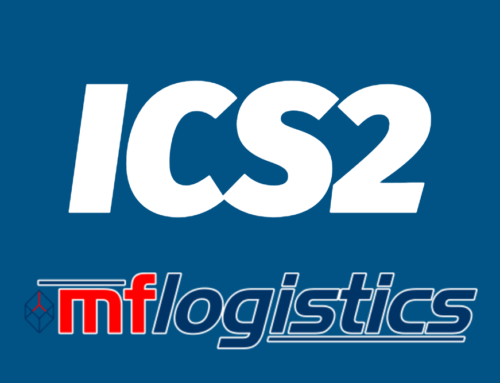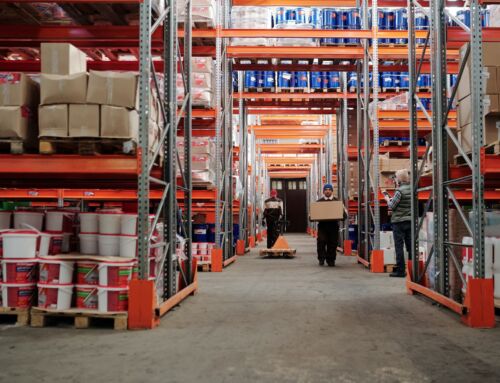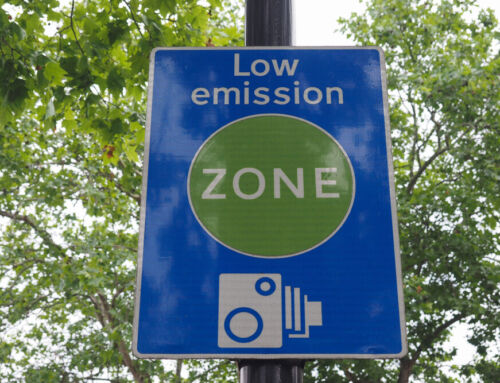Climate change is arguably the single biggest challenge facing humanity this century. The recent COP26 summit hosted in Glasgow underlined how urgent the need to bring rising global temperatures under control is.
Put bluntly, the science tells us that if greenhouse gas emissions aren’t cut drastically, we face a future of mass extinctions, extreme weather, catastrophic flooding, severe droughts and out-of-control wildfires. If not in our lifetime, then certainly while our children and grandchildren are still alive.
The problem is, cutting carbon emissions isn’t easy. The global economy, the infrastructure which supports modern society, is built on burning fossil fuels – a hangover from the industrial revolution we now must wean ourselves away from.
This presents immediate and pressing challenges for many industries, road haulage included. Road freight is a critical cog in the machinery of commerce. In the UK, 89% of all goods transported across land go via road. Vehicles ranging in size from small vans to 44 tonne articulated lorries clock up billions of road miles every year, serving dozens of industry verticals. The logistics industry employs 2.5 million people.
And yet much of this vital work still relies on fossil fuels. Most commercial vehicles still run on diesel. Globally, road freight is recognised as a major contributor to carbon emissions, accounting for as much as 9% of the total.
A track record to build on
As an industry, the road haulage sector is well aware of the need for change. Yes, there are challenges. Just as with private vehicles, switching millions of diesel trucks and vans for low and zero emission alternatives is not something that can be achieved overnight. There are issues with infrastructure (e.g. shortage of charging points for electric vehicles). In what is already a low-margin industry, customers are reluctant to absorb the costs associated with technological transformation, and the external financial support available falls well short.
Yet the haulage sector already has a proven track record for reducing pollution from vehicles which stands it in great stead for winning the battle against carbon emissions. Since 2016, all new trucks have had to meet the so-called ‘Euro 6’ emissions standard, which has helped to reduce the amount of nitrous oxide being released into the atmosphere by 60%.
Fuels such as bio-methane and biogas are showing considerable promise as low-carbon alternatives to diesel which can be introduced with relatively minor modifications to engines. The added benefit of bio-methane is that it is produced from waste that would otherwise go to landfill, meaning it provides a double environmental benefit.
Biofuels provide a useful stepping stone to the longer term target of running all electric fleets. We’re already seeing electric vehicles successfully deployed at scale for local last-mile logistics. HGV manufacturers such as MAN and Scania believe they have developed battery technologies that make long distance distribution using all-electric vehicles possible.
For electric vehicles to become commercially viable, the industry needs to be supported with adequate charging infrastructure, as well as finance and procurement incentives which assist with the up-front capital costs of replacing whole fleets.
Given the right support, sustainable transformation across the haulage industry will snowball as operators look to scale the benefits for their clients and for the environment. And because it is such a large sector, demand from road freight can be a major driver of wider investments in green technologies.



